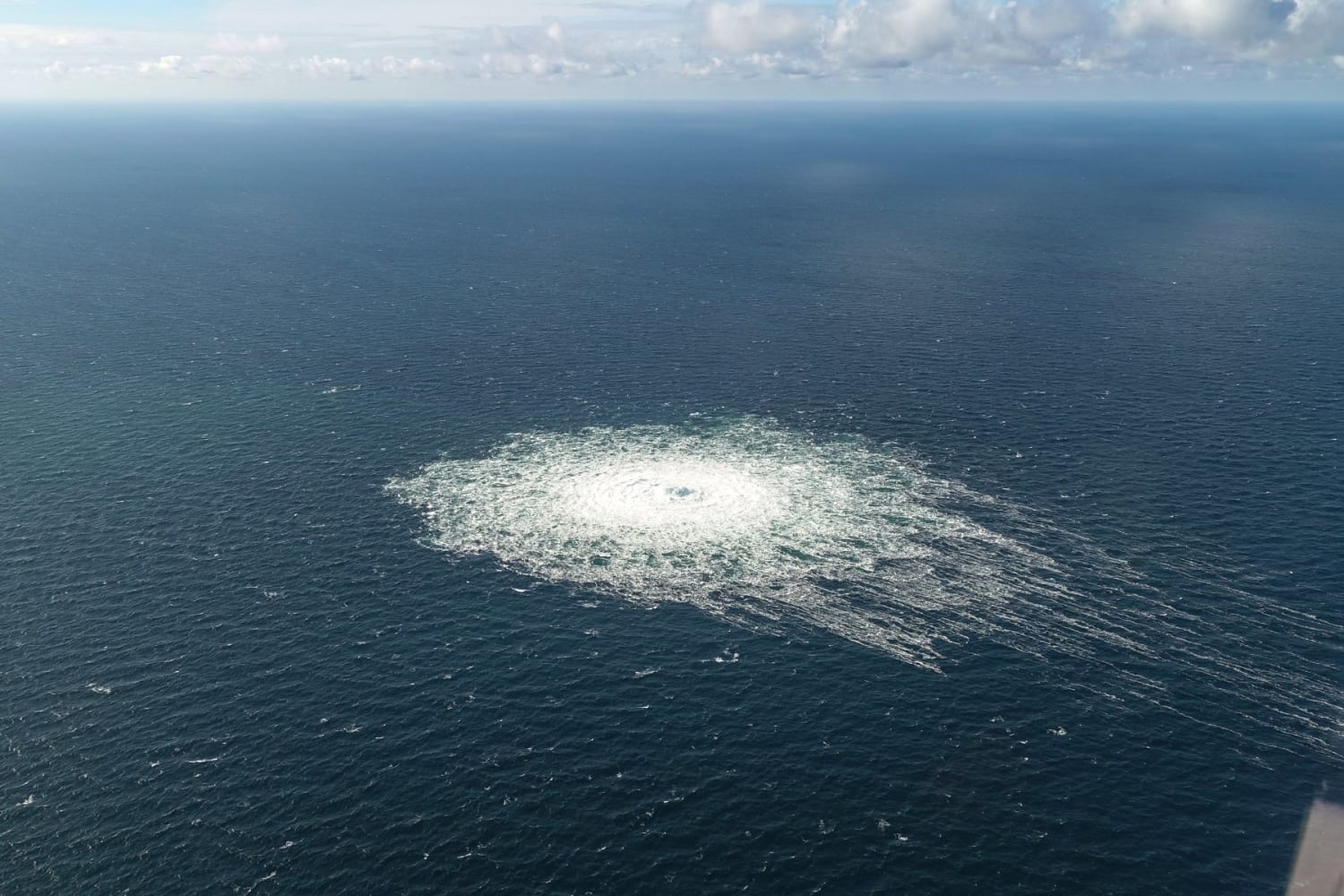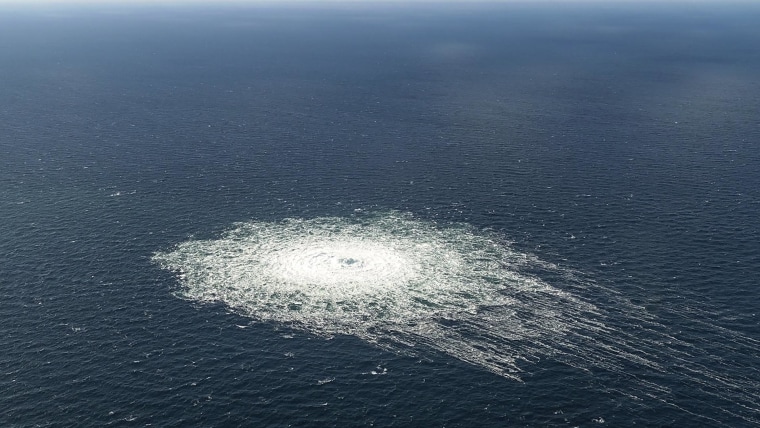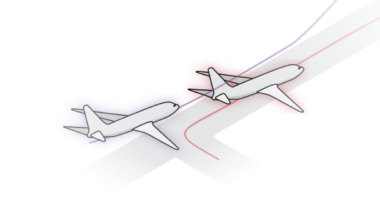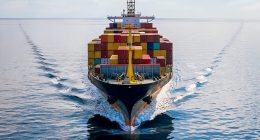Sabotage was behind underwater explosions that sent gas spewing from two major pipelines connecting Europe and Russia, Western leaders concurred Wednesday. The question now is whether the mystery might signal Moscow’s intent to intensify its energy clash with the continent as it escalates its military efforts in Ukraine.
The European Union’s top diplomat said the leaks from the Nord Stream 1 and 2 pipelines under the Baltic Sea were caused by a “deliberate act,” though he stopped short of directly accusing anyone.
It remained unclear who or what might be behind the leaks, with the Kremlin dismissing suggestions it was to blame as “predictable and also predictably stupid.”
But while neither pipeline had been delivering natural gas to Europe, the continent’s standoff with Russia and its looming winter energy crisis meant alarm bells were ringing.
“All available information indicates those leaks are the result of a deliberate act,” European Union foreign policy chief Josep Borrell said in a statement on behalf of the bloc’s 27 members. “Any deliberate disruption of European energy infrastructure is utterly unacceptable and will be met with a robust and united response.”
Secretary of State Antony Blinken said Tuesday that an attack on the two pipelines would be in “no one’s interest.” Sweden said Blinken had offered U.S. support to find out what happened, while the Swedish Public Prosecutor’s Office on Wednesday said it had opened an investigation into the explosions.
NATO Secretary General Jens Stoltenberg said he discussed the “sabotage” of the pipelines at a meeting with Denmark’s defense minister in Brussels.
Ukrainian presidential adviser Mykhailo Podolyak earlier pinned the blame directly on Russia, accusing it of an “act of aggression” and attempting to “destabilize economic situation in Europe and cause prewinter panic.”
Latvia also suggested it had no doubt what caused the leaks. “Seems that we enter new phase of hybrid war,” Foreign Minister Edgars Rinkēvičs said on Twitter.
The incident has put the region on edge, months after fears of a Russian military threat to the Baltics dissipated in the wake of its military’s struggles in Ukraine. After meeting with Stoltenberg, Denmark’s defense chief called for the need to step up security.
“Russia has a significant military presence in the Baltic Sea region and we expect them to continue their saber-rattling,” Morten Bodskov said in a statement on Wednesday.
Seismologists in Denmark and Sweden said they had registered two powerful blasts Monday in the vicinity of the leaks, which were spotted off the Danish Baltic Sea island of Bornholm.
European officials, including the Swedish prime minister, have said the pattern of damage to the pipelines is highly suggestive of a coordinated explosion.
The two pipelines have been a major focus of tensions over Russia’s war in Ukraine. Western capitals have accused the Kremlin of weaponizing energy supplies to stoke a crisis that has sent prices spiraling and threatened to undermine political support for Kyiv.
In light of Russian President Vladimir Putin’s move to call up military reservists, annex occupied territories and issue renewed nuclear threats following a successful Ukrainian counteroffensive, analysts said the pipeline blasts could be seen as a timely signal that the conflict over energy could also be escalated.
“For the time being, we don’t even know what happened” Jakub Godzimirski, a research professor at the Norwegian Institute of International Affairs who focuses on Russian foreign and security policy, told NBC News.
“The big question is who could be interested in inflicting such damage and what the purpose of such an action could have been,” he said. “For Russia, it could be something they did to send a signal that there will be a very clear cut of the gas connection between Russia and Germany.”
“At the same time, it’s also something that could be repeated in other places,” Godzimirski added, saying it could be a signal to NATO members over other gas pipelines in the region.
A new Baltic pipeline allowing gas to be delivered from Norway through Denmark to Poland was inaugurated Tuesday.
Kremlin spokesman Dmitry Peskov described the blasts as a cause for concern, playing up the incidents as “a big problem for us” as well as Europe. In recent weeks, Moscow has increasingly framed the war as not just with Ukraine but its Western backers, too.
“There is also the particular dimension that this could be used to further escalate the conflict between Russia and the West,” Godzimirski said.
“If Russia is going to accuse, especially NATO for conducting this kind of operation against Russian infrastructure, this could be something that could strengthen the image of Russia being at war with not only Ukraine, but also with NATO.”
Reuters contributed.
Source: | This article originally belongs to Nbcnews.com










